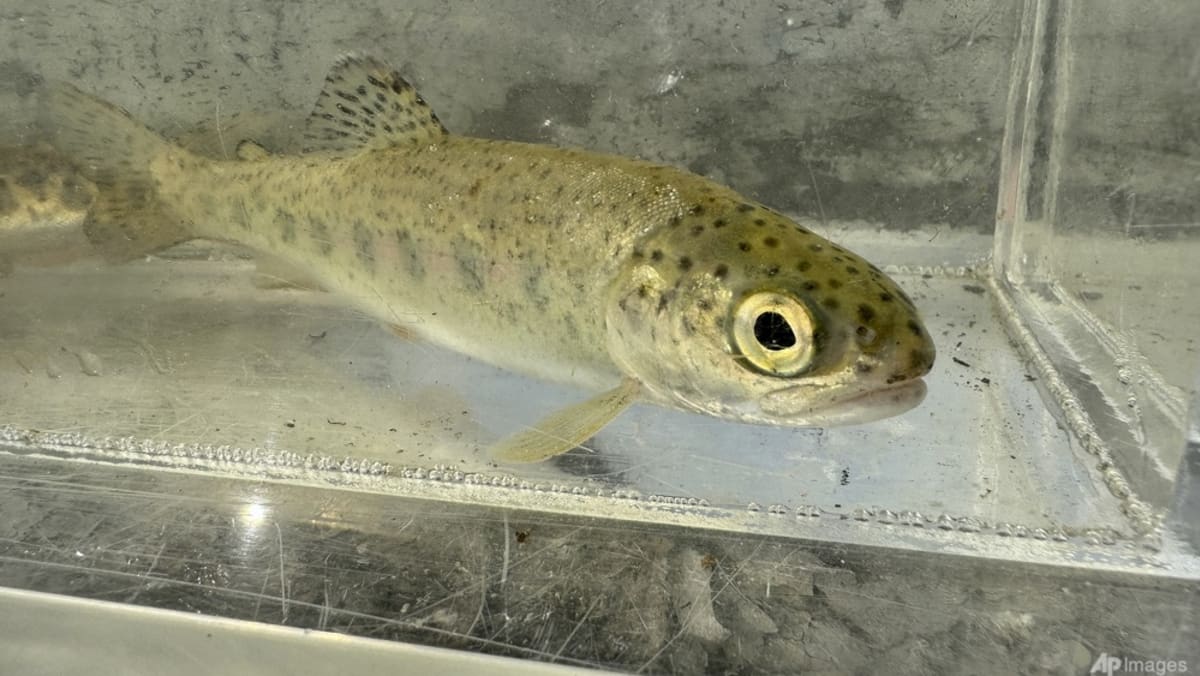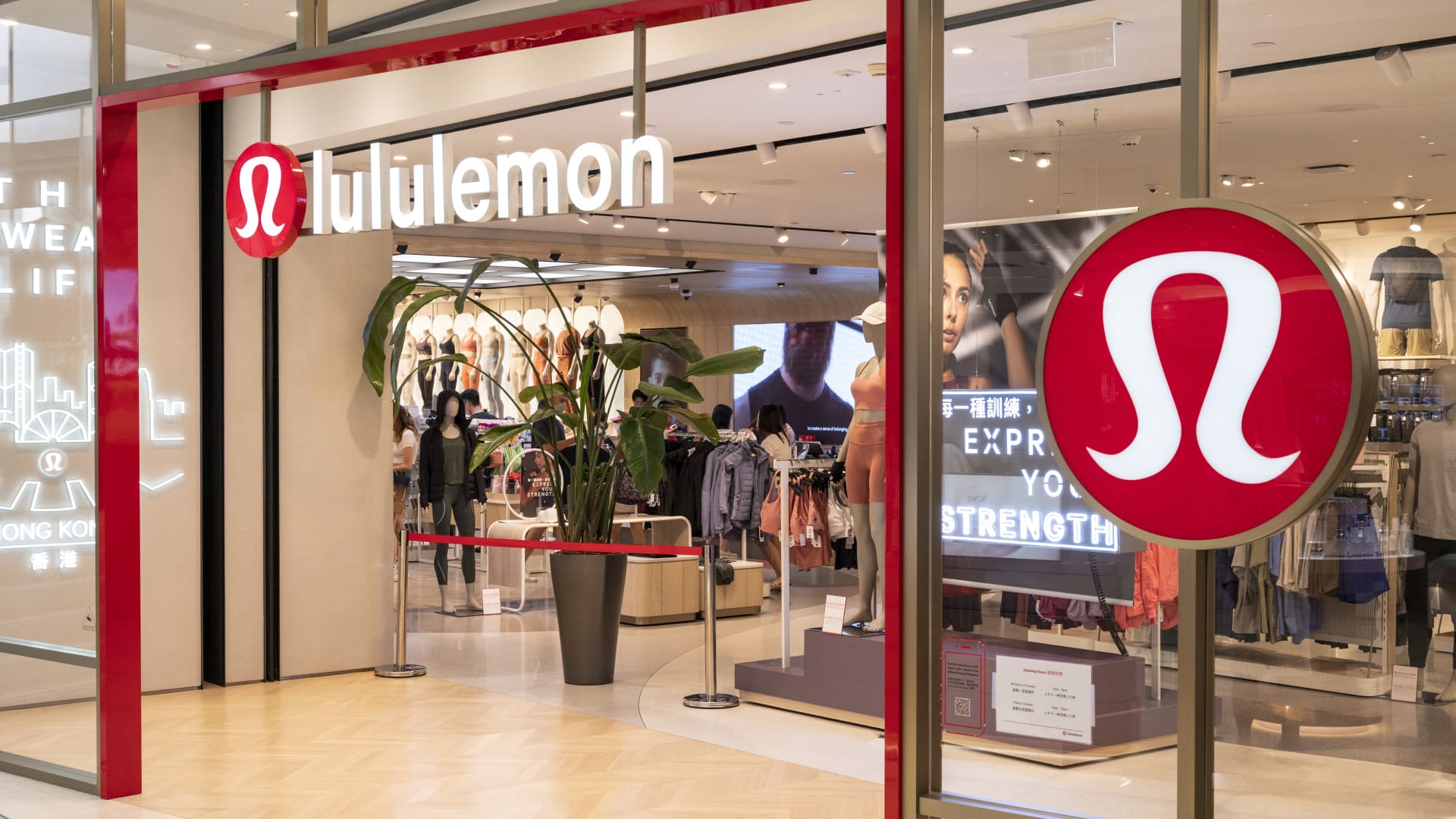World·New
A lawyer representing the special counsel was beginning his presentation on whether a former U.S. president can be prosecuted for acts while he was in office. Earlier, Donald Trump's lawyer argued that the prospect of being indicted could constrain a president.
Top court's ruling could potentially delay or constrain one of the 4 prosecutions Donald Trump faces
Thomson Reuters
· Posted: Apr 25, 2024 12:01 PM EDT | Last Updated: 14 minutes ago

U.S. Supreme Court justices on Thursday questioned a lawyer for Donald Trump about the former president's claim of immunity from prosecution for his efforts to overturn his 2020 election defeat, posing hypotheticals about what happens if a president accepts a bribe, sells nuclear secrets or orders a political assassination.
Lower courts rejected Trump's request to be shielded from four election-related criminal charges on the grounds that he was serving as president when he took the actions that led to the indictment obtained by special counsel Jack Smith, assigned to that investigation by the Justice Department.
WATCH l Hearing has potential implications for future presidents: 
What is the presidential immunity case before the U.S. Supreme Court actually about?
It's new territory for the top court, as a president has never faced criminal charges before Trump. Richard Nixon accepted a pardon issued by successor Gerald Ford that pre-empted any possibility of criminal consequence over the Watergate scandal, while Bill Clinton struck a deal with independent counsel to avoid a potential indictment for perjury after he denied an affair with intern Monica Lewinsky during a deposition for a sexual harassment lawsuit filed by Paula Jones.
Trump is the presumptive Republican candidate for president a third consecutive time.
"If a president can be charged, put on trial and imprisoned for his most controversial decisions as soon as he leaves office, that looming threat will distort the president's decision-making precisely when bold and fearless action is most needed," D. John Sauer, the lawyer arguing for Trump, told the justices.
Michael Dreeben, representing the special counsel, was just beginning his presentation. He told the justices that the Supreme Court has never recognized the kind of immunity that Trump seeks for a public official.
Presidential power under the microscope
Liberal justice Sonia Sotomayor asked Sauer if a president could get immunity if he ordered "someone to assassinate" a political rival.
Conservative chief justice John Roberts raised an example of a president appointing an ambassador in exchange for a bribe.
"Somebody says, 'I'll give you a million dollars if I'm made the ambassador to whatever," Roberts said.
Sauer responded that bribery is not an official act, but rather private conduct that would not be protected.
Roberts responded, "Accepting a bribe isn't an official act, but appointing an ambassador is certainly within the official responsibilities of the president."
Conservative justice Clarence Thomas asked Sauer what is the source of this presidential immunity. Sauer cited powers given to the president under the Constitution.
Trump did not attend the Supreme Court arguments. He was attending trial in New York over allegations he falsified business records to hide payments made to cover up allegations of extramarital affairs, a case that would not be affected by the top court's opinion on immunity.
"If you don't have immunity, you're not going to do anything. You're just going to become a ceremonial president," Trump told reporters heading into court in Manhattan.
LISTEN l The latest on Trump's criminal trial in New York:
Front Burner25:10What to expect from Trump's 'hush money' trial
Pressed on fake electors scheme
The Supreme Court's 6-3 conservative majority includes three justices who Trump appointed: Amy Coney Barrett, Brett Kavanaugh and Neil Gorsuch.
It is the third Trump-related matter the top court has heard in less than two months, though their opinions could impact future officeholders. Last month, the court overturned a judicial decision that had excluded him from Colorado's ballot under a constitutional provision involving insurrection for inciting and supporting the Jan. 6, 2021, attack on the U.S. Capitol by his supporters.
They are also considering a question on whether obstruction charges are applicable for a Pennsylvania defendant who was at the Capitol that day. Trump also faces obstruction charges in the Smith indictment, though the specifics of the allegations are quite different from those facing the Pennsylvania man.
Outside the white marble court building ahead of the arguments on a partly cloudy spring day in the U.S. capital, a small number of demonstrators displayed anti-Trump signs including one that read, "LOSER."
Trump took numerous steps to try to reverse his 2020 loss to Joe Biden. His false claims of widespread voting fraud helped inspire the rampage at the Capitol on the day Congress met to certify Biden's victory. Trump and his allies also devised a plan to use false electors from key states to thwart certification.
Liberal justice Elena Kagan pressed Sauer on whether Trump's alleged role in assembling a fake slate of electors constituted an "official act." Sauer said Trump's conduct was official and amounted to acts aimed at ensuring the integrity of the election.
Kagan responded, "The allegation is that he was attempting to overthrow an election."
Trump in October 2023 sought to have the charges dismissed based on his claim of immunity. U.S. District Judge Tanya Chutkan rejected that claim in December. Smith then asked the justices to launch a fast-track review of the immunity claim, a request they rebuffed. The U.S. Court of Appeals for the District of Columbia Circuit in February ruled 3-0 against Trump's appeal of Chutkan's ruling.
WATCH l Explaining the racketeering prosecution of Trump in Georgia: 
Trump's indictments explained: Why Georgia is charging him like a 'Mob boss' | About That
The Supreme Court's decision to put off hearing arguments over immunity until now postponed Trump's trial from an original March 4 date. Legal experts have said the justices would need to rule by about June 1 for Trump's trial to be held before the Nov. 5 election.
The ruling could force Chutkan to decide whether to begin a trial in September or October, when early voting already will be underway in some states.
If Trump regains the presidency, he could seek to force an end to the prosecution or potentially pardon himself for any federal crimes.
"Happily it's never been presented to us," justice Neil Gorsuch said of the prospect of a self-pardon at one juncture on Thursday.
Trump also faces election subversion charges in state court in Georgia and federal charges in Florida brought by Smith relating to keeping classified documents after leaving office. Trump was referred to as an unindicted co-conspirator in fresh indictments handed down of several of his allies in Arizona on Wednesday.
With files from CBC News

 1 week ago
30
1 week ago
30










 English (US) ·
English (US) ·  Turkish (TR) ·
Turkish (TR) ·